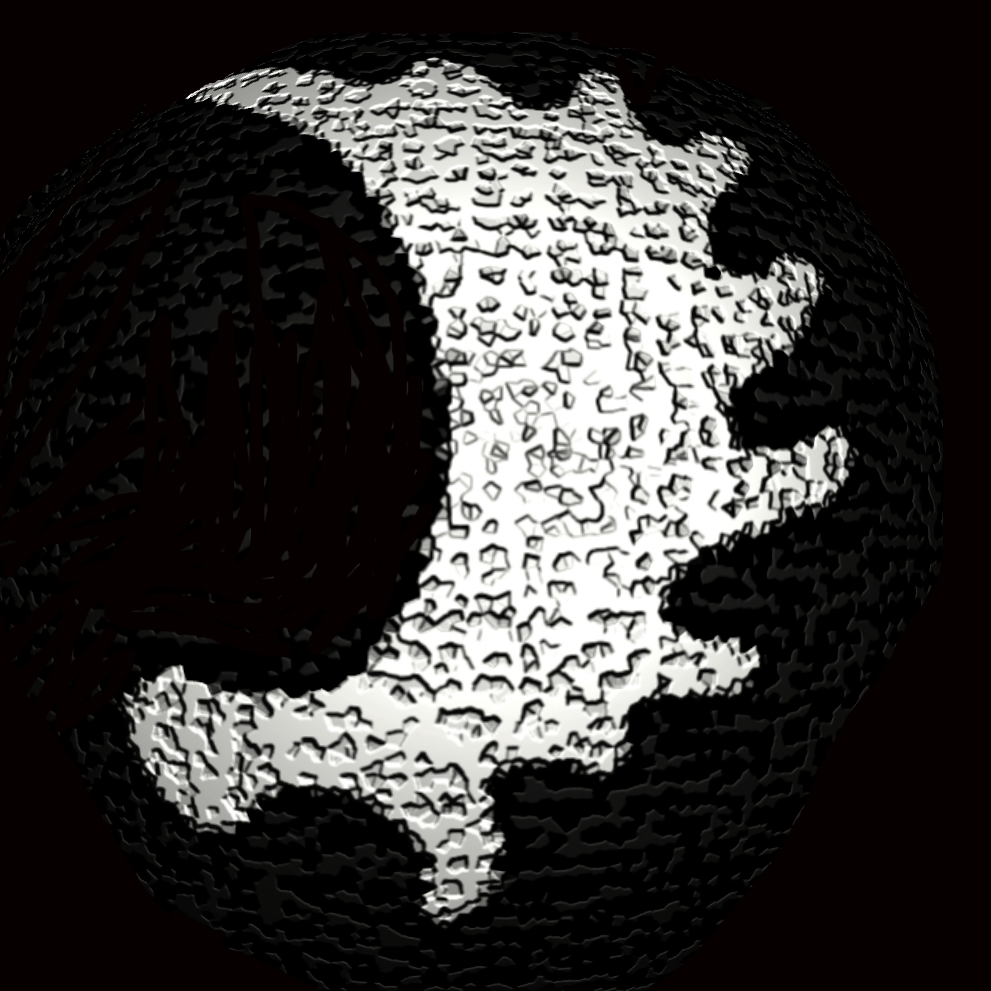Prussia circa 1250, Teutonic Knights Charge during winter, their favorite season in the Northern Crusades. Much of German history is not well known ...for example, there were successful Crusades conducted in northern Europe for hundreds of years and the largest castle ever built in Europe was a German crusader castle, the Marienburg. There once existed… Continue reading There once existed a German state, governed by Warrior Monks, that ruled over all the lands along the Baltic Sea for 300 years
Tag: prussia
Quality of life in the new German Empire compared favorably to America
Bismarck was the leading politician who created a new united German nation in 1871...a nation that became an economic powerhouse with a benevolent social policy. For example, he created safety nets such as the Sickness Insurance Law of 1883, the Accident Insurance Law of 1884, and the Old Age and Disability Insurance Law of 1889.… Continue reading Quality of life in the new German Empire compared favorably to America
Ich bin der Doktor Eisenbarth, Ja, Ja, Ja..
When I recently saw the name Dr. Eisenbarth, I immediately recalled a melodious tune from my childhood: “Ich bin der Doktor Eisenbarth, Ja, Ja, Ja..” …that song still sits in my memory and suddenly spilled out. It is fascinating to learn that there actually was a real person named Johann Eisenbarth in the late 1600’s… Continue reading Ich bin der Doktor Eisenbarth, Ja, Ja, Ja..
My thoughts regarding genealogy and family names in East Prussia
Here are some of my thoughts regarding genealogy and family names in northeast East Prussia (Ostpreussen) and Memel. Many people there had German ancestors who emigrated from Saltzburg and a variety of other German cities and states. But many of these families had a common denominator... the “eit” at the end of their Surnames. How… Continue reading My thoughts regarding genealogy and family names in East Prussia
Frederick wore a soldiers tunic and one decoration… the Order of the Black Eagle Breast Star.
Frederick the Great was never the type of Monarch to flaunt his royal status...for example, he said a crown was merely a hat that let the rain in....and he never wore any royal regalia. What he did wear was a soldiers tunic and one decoration, the Order of the Black Eagle Breast Star. The motto… Continue reading Frederick wore a soldiers tunic and one decoration… the Order of the Black Eagle Breast Star.
The quick German victory over France stunned neutral observers in 1870
In this famous image by Professor Wilhelm Camphausen, Bismarck is conversing with Napoleon III after the French Emperor was captured at the Battle of Sedan on September 2, 1870. Two months earlier, in July 1870, on the tenuous pretext of opposing a Hohenzollern appointment to the throne of Spain, the French Empire declared war on… Continue reading The quick German victory over France stunned neutral observers in 1870
“Dinner at the Ball” captures a moment in time during the high point of peace and prosperity in the German Empire
"Dinner at the Ball" captures a moment in time during the high point of peace and prosperity in the German Empire. It was 7 years after the German unification of 1871 and was the era of Kaiser Wilhelm I and his Chancellor Bismarck, who created a booming economy and a foreign policy that produced 43… Continue reading “Dinner at the Ball” captures a moment in time during the high point of peace and prosperity in the German Empire
At Waterloo, Napoleon was defeated by a combined force of 76,000 Germans, 25,000 British and 17,000 Dutch and Belgians.
Most of us know about the famous Battle of Waterloo, commanded by the Duke of Wellington, who decisively defeated Napoleon 200 years ago. But, would it surprise you to know that German soldiers were actually the bulk of the forces that defeated Napoleon at Waterloo? Or that the Germans led by Prussia’s Gebhard von Blücher…… Continue reading At Waterloo, Napoleon was defeated by a combined force of 76,000 Germans, 25,000 British and 17,000 Dutch and Belgians.
In 1814 German Field Marshal Blücher briefly occupied Paris and recovered the stolen Brandenburg Gate Statue
Two hundred years ago was a joyous time in Germany as the people celebrated the end of French dominance in Europe and the beginning of a long period of peace ahead. They also celebrated the return of Berlin's Brandenburg Gate statue of Victoria on a four horse dtawn chariot. 1814...Berlin celebrated the return of Berlin's… Continue reading In 1814 German Field Marshal Blücher briefly occupied Paris and recovered the stolen Brandenburg Gate Statue
Frederick the Great playing the flute, accompanied by C. P. E. Bach
This candlelit scene depicts an 18th century “Flute Concert at Sanssouci”. It’s a painting by Adolph von Menzel, showing Frederick II of Prussia, known to history as Frederick the Great, playing the flute in his music room at Sanssouci, accompanied by C. P. E. Bach on the harpsichord. As a musician, Frederick wrote 4 symphonies… Continue reading Frederick the Great playing the flute, accompanied by C. P. E. Bach











